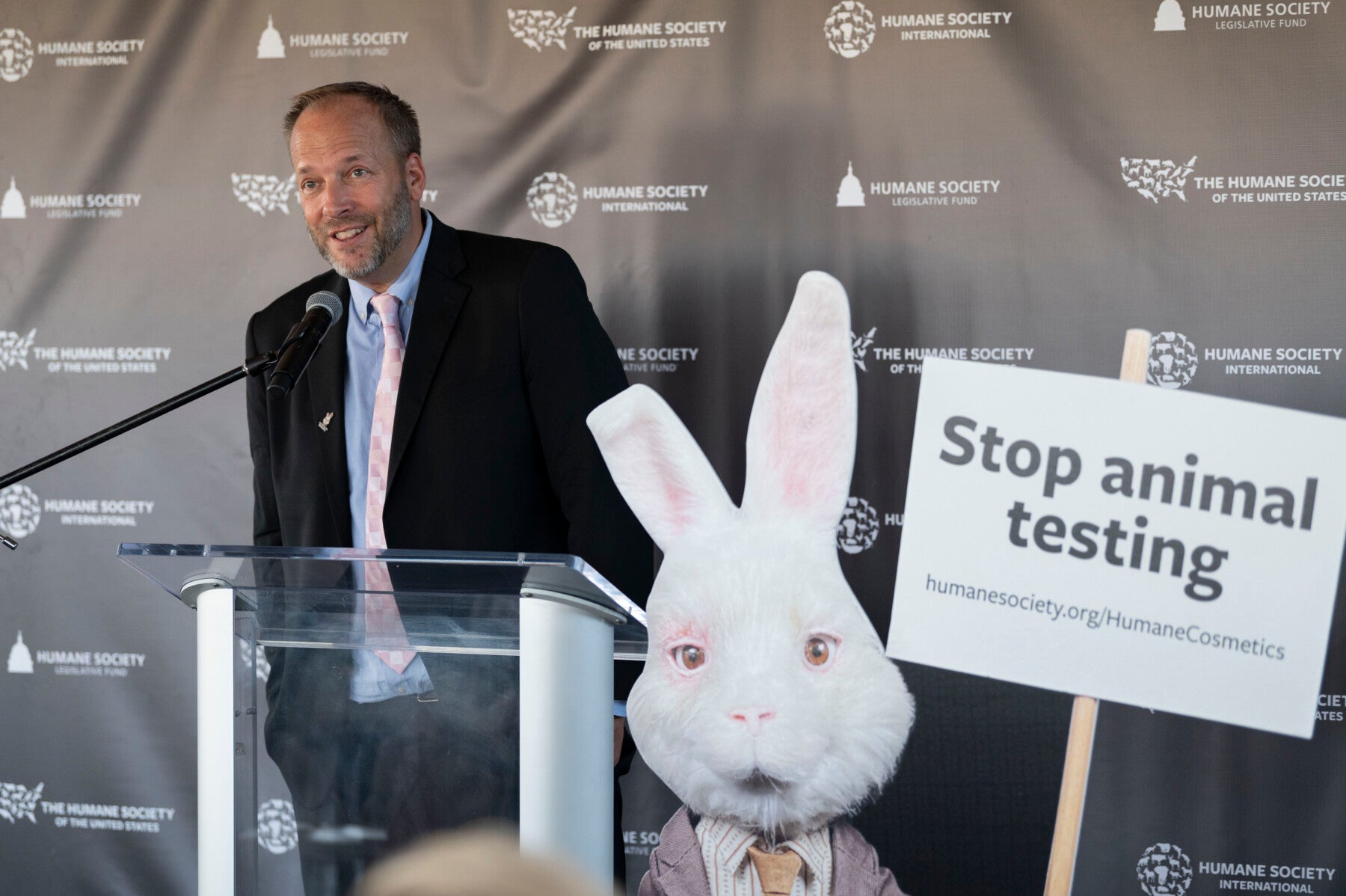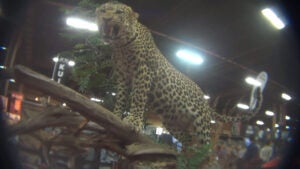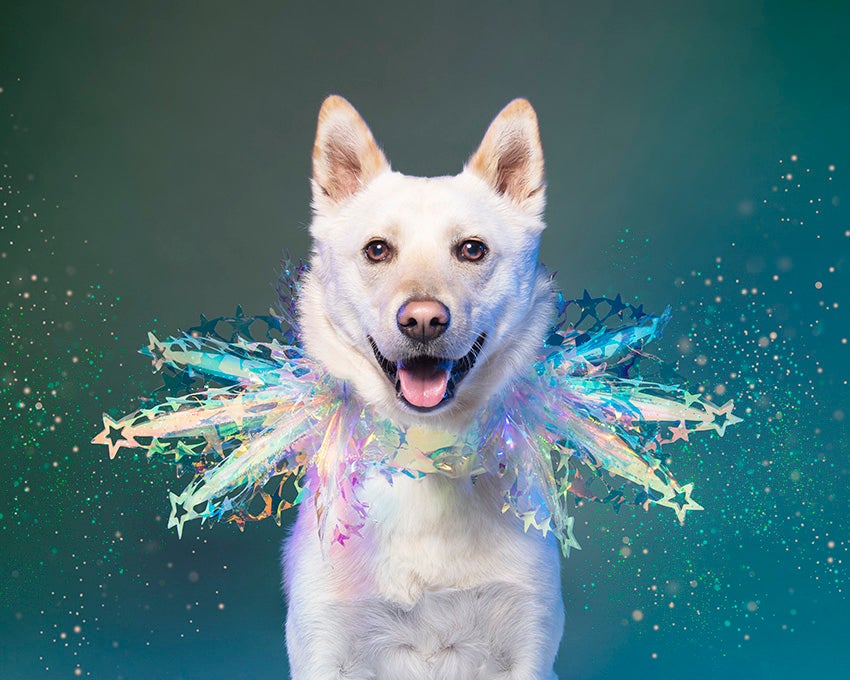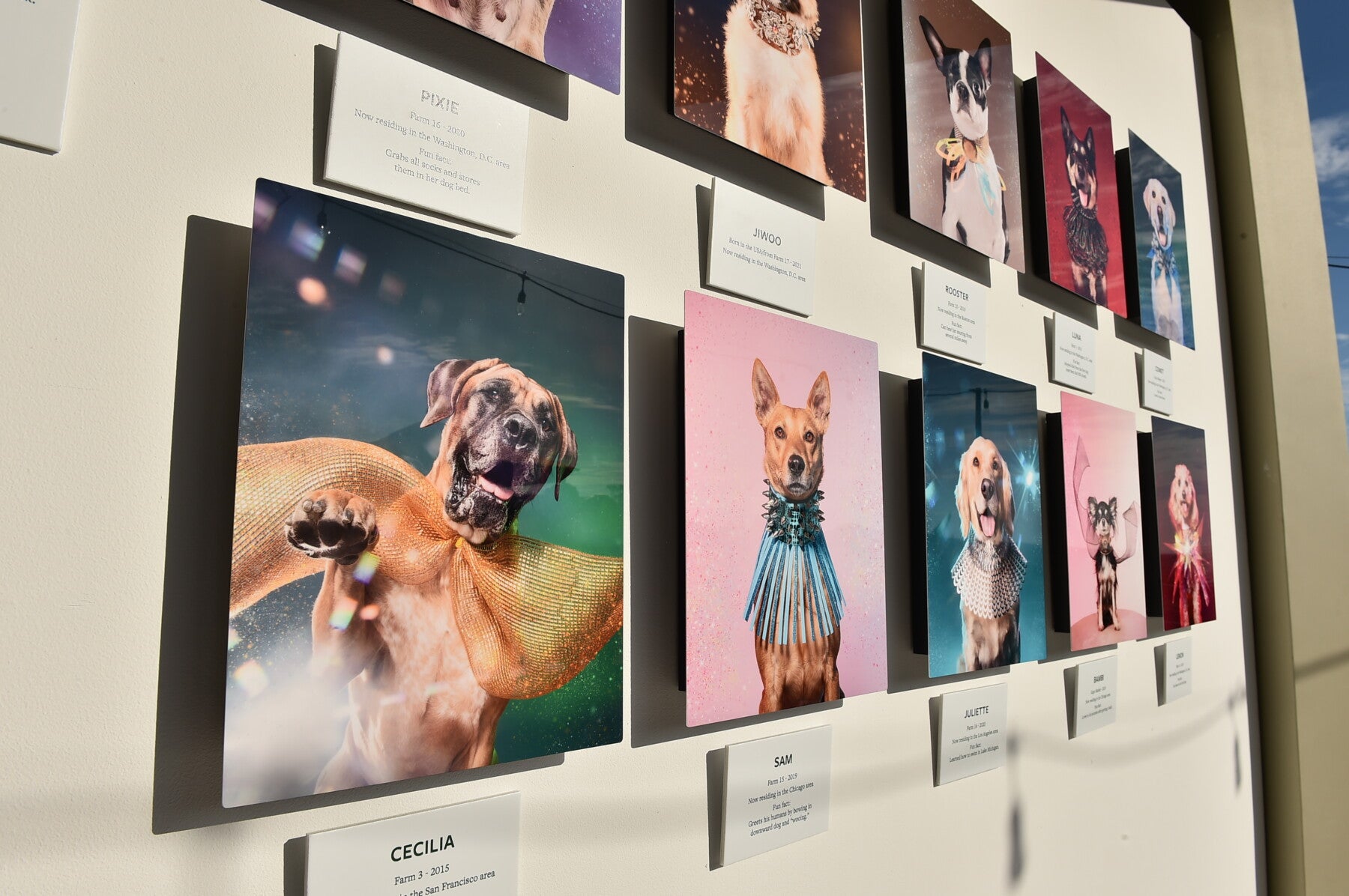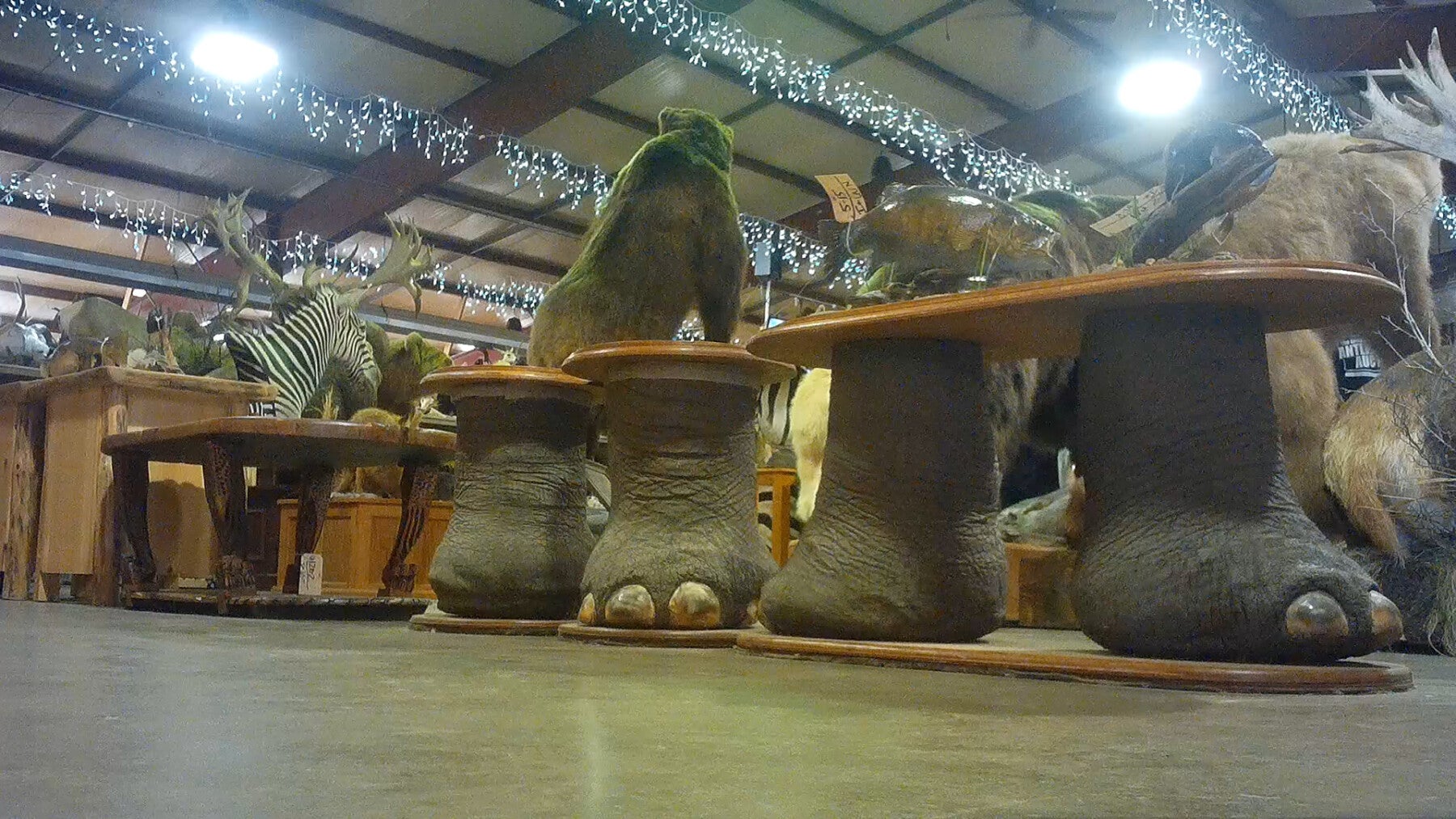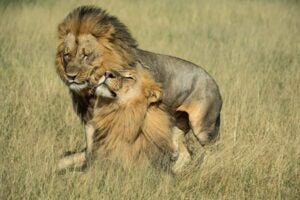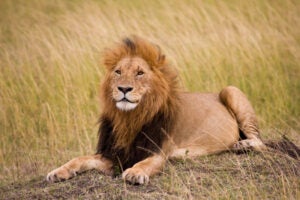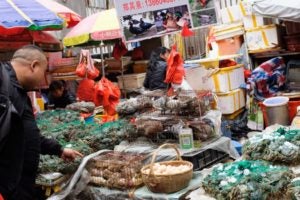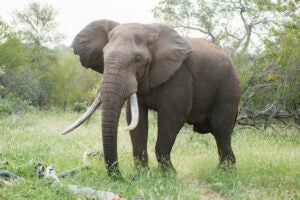
WASHINGTON—Today, the U.S. Fish and Wildlife Service announced a final rule governing import permits for live African elephants and elephant hunting trophies. This action effectively bans elephant hunting trophy imports from certain countries that serve as major destinations for trophy hunters—a win for the conservation of the species listed as threatened under the Endangered Species Act.
“Today’s announcement serves as a victory for the animal welfare and conservation movement, as this is precisely what the Endangered Species Act was designed to accomplish. The U.S. government should not be in the business of promoting the decline of a species, especially one classified as threatened under its own law,” said Kitty Block, president and CEO of the Humane Society of the United States. “Elephants are complex, family-centered animals, important within their ecosystems and cherished by people all over the world. The U.S. Fish and Wildlife Service’s move is a meaningful step toward saving African elephants from extinction.”
Since the Fish and Wildlife Service classified African elephants as threatened in 1978, their global population has decreased by at least 60% due to poaching, habitat loss and other compounding threats. Trophy hunting and the capture of live wild elephants for exhibition in U.S. zoos contribute to this decline through direct removals of individuals and ripple effects negatively impacting the overall health and survival of family groups.
“For decades the U.S. Fish and Wildlife Service has been allowing African elephant imports without current population data, transparency or effective oversight,” said Sara Amundson, president of Humane Society Legislative Fund. “With African elephants’ rapid global population decline and the abrupt reversals in federal protections between administrations, this new revision to the regulation will help the agency make decisions that enhance the survival of the species in the wild, instead of incentivizing its decline. Considering how the U.S. is one of the world’s worst offenders in the elephant hunting trophy trade, we thank U.S. Secretary of the Interior Secretary Haaland and the Fish and Wildlife Service for taking these steps to protect endangered and threatened species.”
The new revision clarifies guidelines for granting import permits. It also strengthens the agency’s oversight capacity and the transparency of the permit application process. The U.S. imports more hunting trophies than any other country in the world, accounting for 75% of global hunting trophy imports and almost 25% of global elephant hunting trophy imports between 2014 and 2018. The revised rule heightens the criteria required for the Fish and Wildlife Service to authorize imports, including from South Africa, Zimbabwe and Namibia—the top exporters of elephant hunting trophies to the U.S.—making it harder for trophy hunters to import their hunting spoils and for captive wildlife facilities such as zoos bring animals taken from the wild into the U.S. for exhibition.
“The agency’s new rule is a strong step in the right direction to finally gain transparency and oversight on this highly politicized and harmful trade in African elephants killed for fun and gruesome souvenirs,” said Jeff Flocken, president of Humane Society International. “We will continue to fight for a full ban on the trade in African elephant hunting trophies, and we hope this sets a precedent that can be applied to other countries and to other imperiled species, like lions, giraffes and leopards.”
Under the Obama administration in 2014, the Fish and Wildlife Service issued rules suspending the importation of elephant trophies from Tanzania and Zimbabwe into the U.S. In 2018, the Fish and Wildlife Service under the Trump administration withdrew that rule and began to allow the import of elephant trophies on a case-by-case basis, although former President Donald Trump tweeted about the trophy hunting aspect of the rule, saying he was “very hard pressed to change [his] mind that this horror show in any way helps conservation of elephants or any other animal.” Now, the Biden administration has heightened the criteria for what imports are allowed into the U.S.
In January, Belgium’s parliament voted unanimously to prohibit the import of hunting trophies from many endangered species into the country. This comes after the Netherlands instituted a ban on the import of hunting trophies for more than 200 species and France implemented a ban on the import of lion hunting trophies in 2015.
Photos and videos available upon request.
ENDS
Media contact: Kate Sarna: 202-836-1265; ksarna@hslf.org

